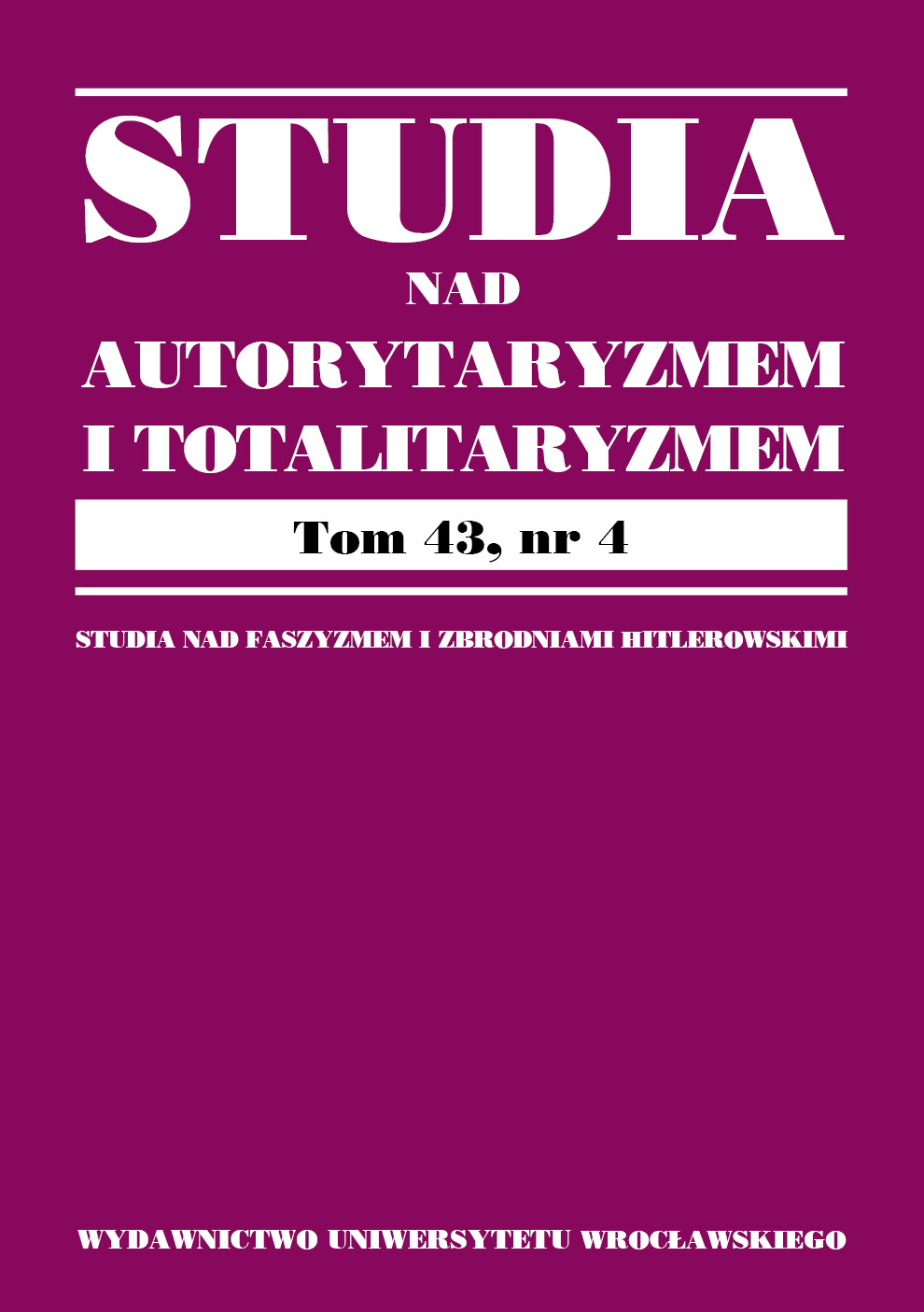

Artykuły

The aim of the paper is to present the concept of Claus Roxin’s Organisationsherrschaft as an alternative to attributing criminal responsibility for crimes committed by Nazi “desk murderers.” This concept arose against the background of criticism, after the trials of Adolf Eichmann and Bohdan Stashynsky, of the particularly low number of convictions in similar cases and the numerous omissions of the entire German justice system. Under West German criminal law, a distinction made between those who order murder and those who commit murder on their own initiative meant that the above-mentioned perpetrators who passed on orders from above could only be found guilty of accessory to murder. The novelty of Roxin’s views, however, consisted in an attempt to combine the previous only individualistic perspective of criminal law with the idea of mass, bureaucratic murders. The traditional system of individual attribution of responsibility, as applied for ordinary criminality characterized by the individual commission of single crimes, must be adapted to the needs of collective responsibility, in which the organization (for example, an administrative structure) as a whole serves as the entity upon which attribution of criminal responsibility is based. The first part of the text discusses the main lines of argumentation presented by the West German jurisprudence in cases concerning high-ranking members of the state power apparatus of the Third Reich. At the same time, efforts were made to emphasize the lack of homogeneity of legal solutions presented in national criminal jurisdiction in West Germany and their unacceptable consequences. The second part is devoted to the basic theoretical assumptions of the doctrine of Organisationsherrschaft and its significance for the perception of the boundary between perpetration and participation in German criminal law. The third part briefly presents the contemporary reception of Roxin’s thought, as well as the main points of his criticism, indicating, however, how important it was to effectively prosecute decision-makers from the power apparatus of the Third Reich.